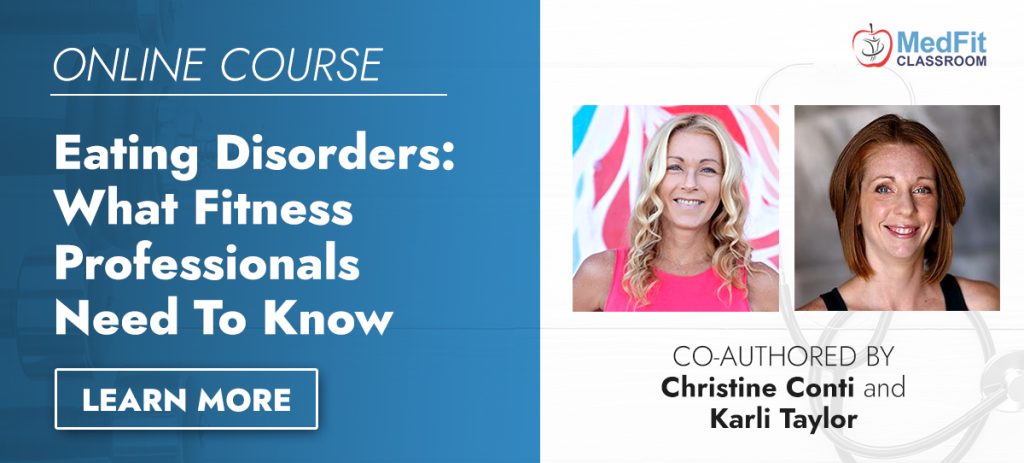
The beginning of every new year is flooded with talk of resolutions. The clean slate associated with a brand new calendar often inspires us to make changes in our lifestyles. Typically, these resolutions are centered around health, and in many cases, the emphasis is on weight loss. For those who struggle with eating disorders, this time of year can be especially difficult.
Around the first of the year, news media is full of tips for getting in shape and losing weight. Social media becomes flooded with posts of healthy meals and exercise routines. Advertisements for gyms, supplements and at-home fitness equipment are almost unavoidable. All of this can be incredibly helpful and motivating for many, but can be triggering and possibly detrimental for quite a few.
In the United States, an estimated 30 million people will suffer from an eating disorder at some point in their lives. Contrary to popular belief, eating disorders do not discriminate based on age, gender or race and can show up differently in every sufferer.
Realistically, it would be impossible to predict everything that could be triggering, so what can we do to lessen the negative impact? Should we not talk about our fitness journeys on social media? Should we not post our recipes or photos?
Avoiding the topic all together won’t help anyone. Sharing our goals can help to hold us accountable. Posting our journeys can be tremendously healing and inspiring. There is nothing inherently wrong about sharing personal experiences, but we need to take a long hard look at the messages we are sending.

One way to help people that suffer from an eating disorder, and quite possibly to help silence toxic diet culture in general, is to focus on the health and wellness aspects of resolutions. How are you going to change your food choices in order to feel better this year? How are you going to move your body to improve its function? How are you going to alter your habits to take better care of your body and mind?
Consider posting “during” photos instead of “before” and “after”- and take the filters off! Show off your skills using your new gadgets. Share cooking videos to teach people how to prepare your favorite healthy meal. Use POSITIVE language and focus on the things you gain as opposed to the weight that you may or may not lose.
Advertisers should follow these same guidelines. Focus on health. Focus on how your product can improve the quality of the consumer’s life. Market “health gain” over “weight loss”. Use real people, show real results and tell real stories.
Online Course for Fitness Professionals
Karli Taylor is an entrepreneur and leader passionately working to shape the nation’s fitness and wellness industry through innovative programming that can be incorporated into any lifestyle. Karli has been in the industry for over 20 years. Beginning as a group exercise instructor and personal trainer, she worked her way to an executive position at a fitness chain in the northeast where she worked behind the scenes for 5 years, until her love of teaching drove her to leave the corporate office for the gym floor. She is the co-founder and creator of BarreFlow, through which she certifies fitness professionals around the globe.

